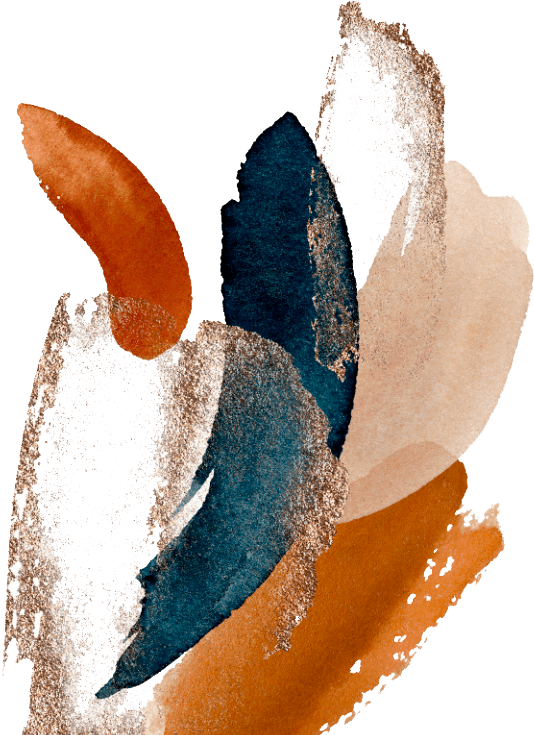- 14 June 2017
- 1350
NEFU scientists and Sooam Foundation presented cloned puppies of the Yakut hunting breed in Korea
Photo: from the archive of the organizers
Scientists of North-Eastern Federal University together with the colleagues from the Korean Institute "Sooam Biotech Research Foundation" recreated a clone of a 12-year-old male Yakut hunting Laika. On June 13, the donation of cloned puppies to the delegation of Yakutia took place in Seoul (South Korea). This research is carried out as part of the project on the genetics of native Yakut Laika for the reproduction of the breed.
"In December 2016, on the basis of NEFU laboratory, we selected tissues from adults of Yakut hunting dogs. Korean colleagues have successfully obtained cells from the material and clone the twelve-year-old male Taiga and the six-year-old female Sutuk", said Lena Grigorieva, a leading researcher at the International Center for Collective Use "Molecular Paleontology" of the Research Institute of Applied Ecology of the North.
Currently, the cloned puppies Belekh from the male Taiga and Kerechene are several months old, they were kept by Korean specialists. It is reported that the puppies have been vaccinated, they are active, their behavior corresponds to the norms of development, and the specialists note that they have a high ability to learn and communicate.
"We send home the puppies, whose homeland is the coldest land on the earth. I think that the donation ceremony symbolizes the mutual friendship of the countries, which started with the cooperation of our institute and North-Eastern Federal University. I hope that this friendship will continue, it will grow stronger", Professor Hwang Woo-Suk said at the ceremony.
Maksim Cheprasov, a scientific employee of the laboratory of the Mammoth Museum of NEFU Institute of Applied Ecology of the North, congratulated the gathered colleagues on the significant event in the science of the two countries. He also invited Professor Hwang Woo Sok on behalf of Rector Evgenia Mikhailova to the official solemn presentation of the puppies in Yakutsk on June 23.
"Despite the fact that the agreement between our organizations was signed on the study and revival of fossil animals, today we are witnessing cloning of the modern Yakut Laika, which personifies the link of one chain. Cooperation with Korean colleagues this year marks the fifth anniversary of the project "Revival of the mammoth and other fossil animals", we with our friends from Korea annually conduct expeditions to Northern Yakutia, including the Arctic islands of the Arctic Ocean. Professor Hwang and his team took part in the expedition in the hardest climatic conditions of the Arctic. A large number of samples have been collected, which are currently being studied both at NEFU and Sooam", Maksim Cheprasov noted.
"A lot of archival photographic materials and records were collected from different regions of Yakutia, we were looking for a dog that met all the requirements of our hunters, which was quite a difficult task. And in 2016 we found what we were looking for - a large white dog Taiga – Bayanay from the local hunter in the deep taiga. But, since he is 12 years old, he can not give offspring. Now, thanks to Professor Hwang Woo-Suk and Yakut University, this male will be reborn - it looks like a miracle. Cloning and revival of the Yakut Laika is of great importance in preserving the traditional hunting and lifestyle of the indigenous peoples of Yakutia", said the chairman of the Bayanay club Yury Borisov.
The event aroused considerable public interest. The ceremony was also attended by employees of the Sooam Institute, Russian Ambassador to South Korea Aleksandr Timonin with his wife, Tajik Ambassador Sharifzoda Yusuf Toir, investors, representatives of the South Korean parliament and others.
The puppies will be presented on June 23 in Yakutsk - the day of NEFU graduates congress.
Reference:
"Sooam Biotech Research Foundation" is one of the world leaders in the field of animal cloning and stem cell research. Specialists of this research center were the first in the world to clone a dog and a wolf, carried out interspecific cloning of a coyote and a dog. Korean Institute is one of the main foreign scientific partners of NEFU. Students and scientists of NEFU under the guidance of a well-known scientist, Professor Hwang Woo-Suk are trained in cloning technologies and molecular genetic analysis at the Korean Institute. Currently, the parties have signed additional agreements to the treaty on the study of ancient dogs, the cave lion and the cloning of the forest bison.


 English
English Russian
Russian Chinese
Chinese